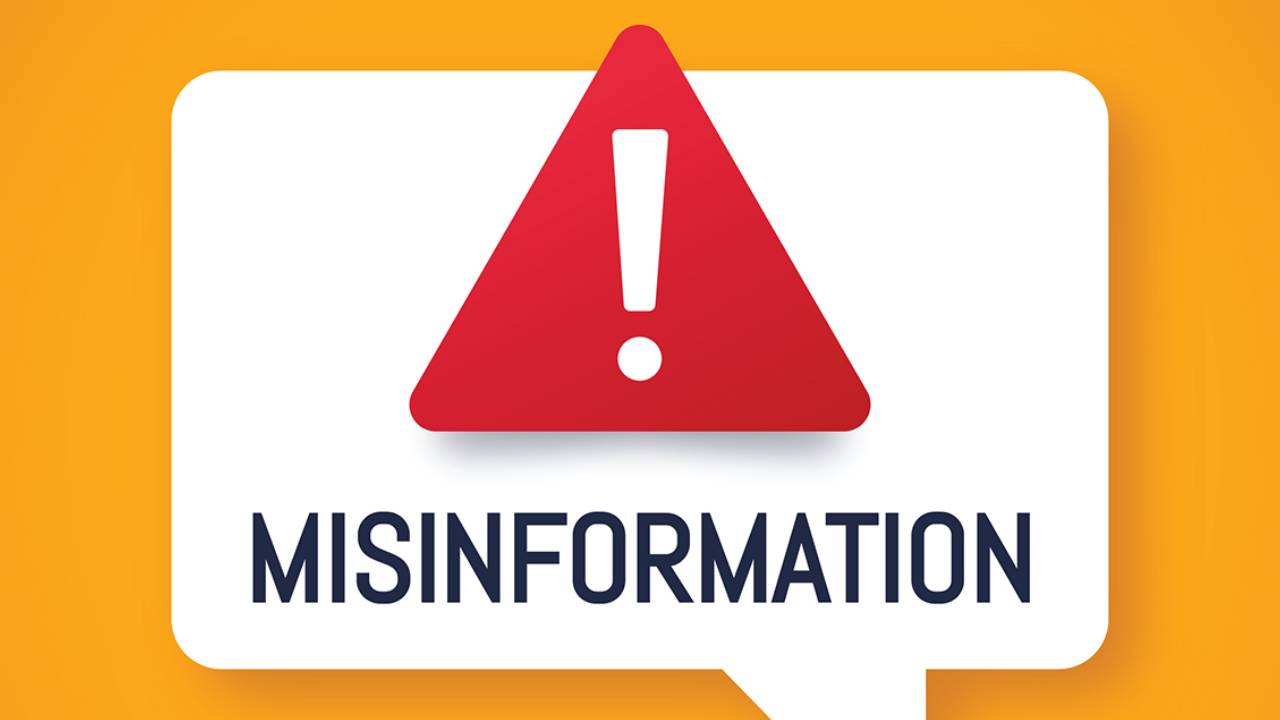
Believe It, Or Not?
We can’t believe every new fad we hear about. I listened to Timothy Caulfield, a Canadian law professor, who was a keynote speaker at my professional association’s annual conference. He says misinformation is killing us and we are in the middle of an infodemic.
For example, Lynn Lew, 21, filmed herself drinking her dog’s urine, an act she says cleared her acne, cured her depression, and prevents cancer. Dog urine in some cases contains herbicides and drinking the urine is not a smart decision. Don’t do it.
The Hindu religious system places great value on the products of cows. They believe that the byproducts of cows such as dung, ghee, milk, curd, and urine are purifying agents. Some people believe the use of cow dung and urine will cure COVID‐19. It is now a public health concern.
A wellness hack called “testicle tanning” is hot stuff right now. Urologists are quick to note that there are more than a few scientific flaws in this theory.
And Raw Water enthusiasts say that drinking water that is untreated and unfiltered is safe and healthier than tap water. Even though untreated water appears clean, drinking it can be extremely dangerous to your health. Without sterilization, untreated or unfiltered water could be swarming with dangerous microorganisms which could lead to hazardous health issues, such as diarrhea, sepsis, cholera, and potentially death.
There aren’t always right decisions, but some decisions are clearly wrong. If you get your information on social media, you are more likely to believe misinformation and spread it. We need to combat misinformation on social media and debunk falsehoods.
The term pseudoscience suggests something is being presented as science inaccurately or even deceptively. Pseudoscience is differentiated from science because, although it usually claims to be science, pseudoscience does not adhere to scientific standards.
So, what do you do? Use critical thinking, utilize good science, and look for gaps in the logic. Choose your information source carefully. Resist the temptation to seek information that echoes your pre-existing beliefs. If you trust your source, you can trust your decisions.
